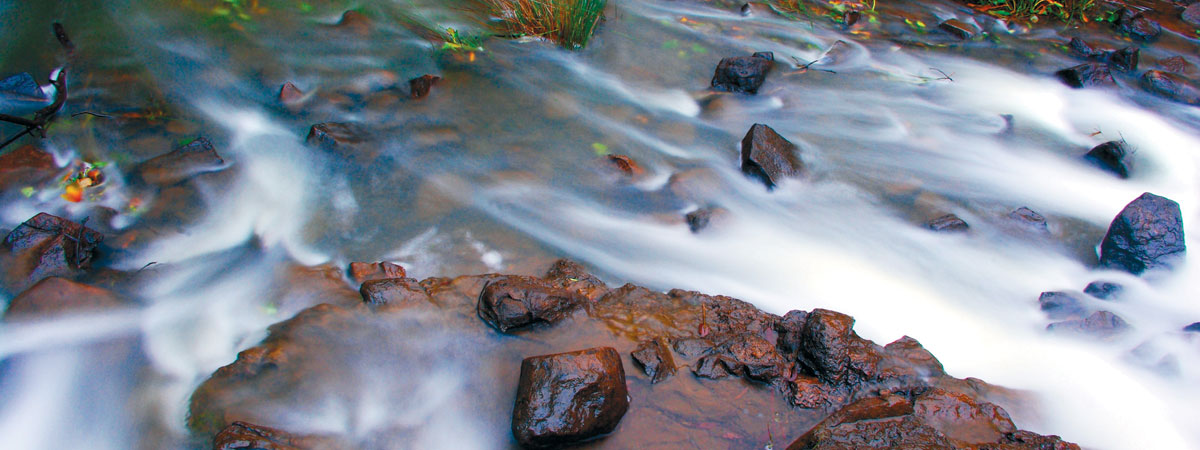Technology and associated techniques have changed significantly in the hydrometric industry throughout our generation. At the same time, there has been a growing expectation that new hydrographers will hold tertiary qualifications. In reality though, a classroom education does little to equip someone with the specific skills needed to be a proficient hydrographer in the 21st century.
Consequently most hydrometric skill development occurs ‘on the job’. Whilst this should ensure that training is practical and relevant; there are potential risks that may include a lack of structure, poorly defined goals, potential for incorrect techniques to be passed on and no objective mechanism for measuring success. An unstructured approach, combined with a reliance on experienced hydrographers (who may not necessarily be effective trainers), can result in significant individual or systemic skills gaps.
Over the past 2 years WaterNSW have taken a strategic approach to hydrometric skills development. This paper will outline the inception, development and implementation of a hydrometric skills matrix and a skills assessment process. It will describe the results, as well as the lessons learned and the follow up activities that have been initiated in response to the outcomes.
It is anticipated that this paper will motivate other hydrometric organisations to consider a strategic approach to skills development and allow them the benefit of learning from WaterNSW’s experiences.

